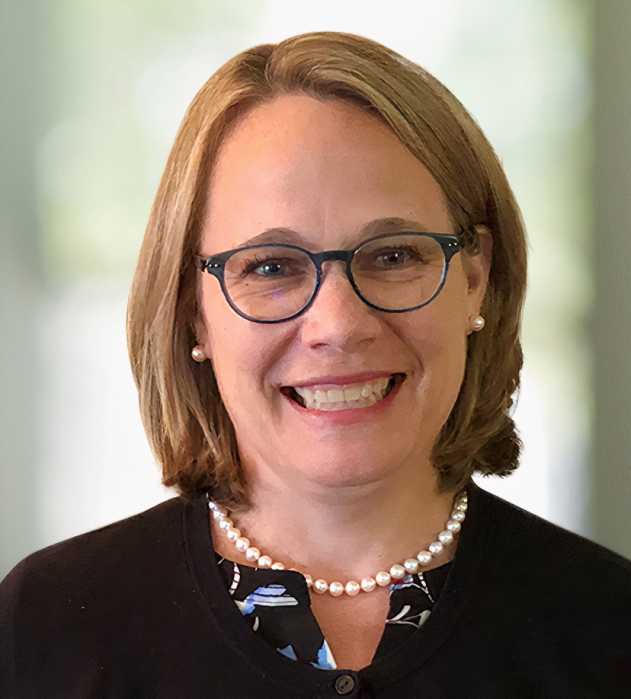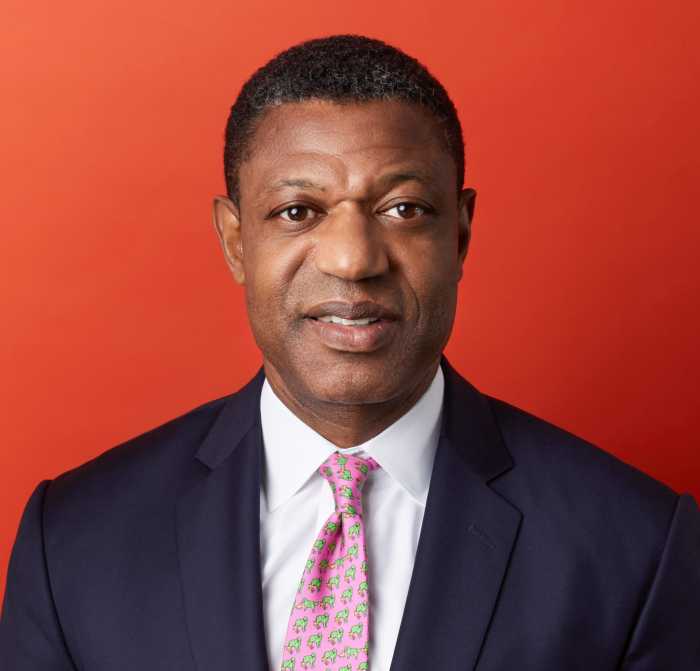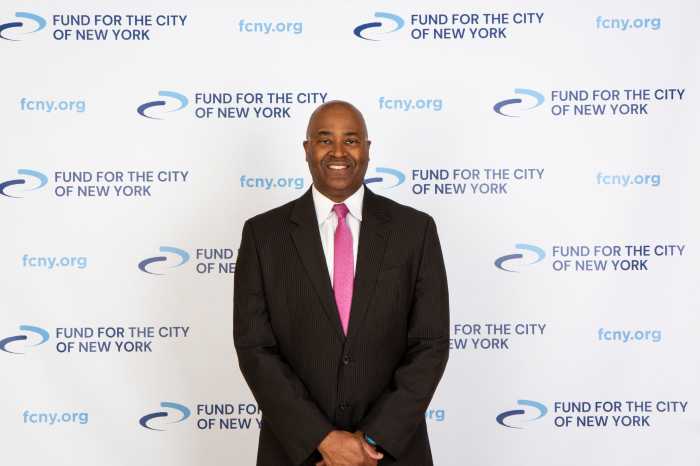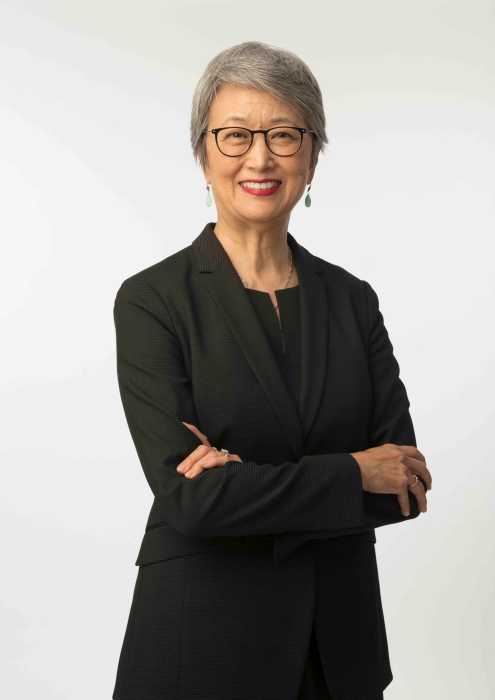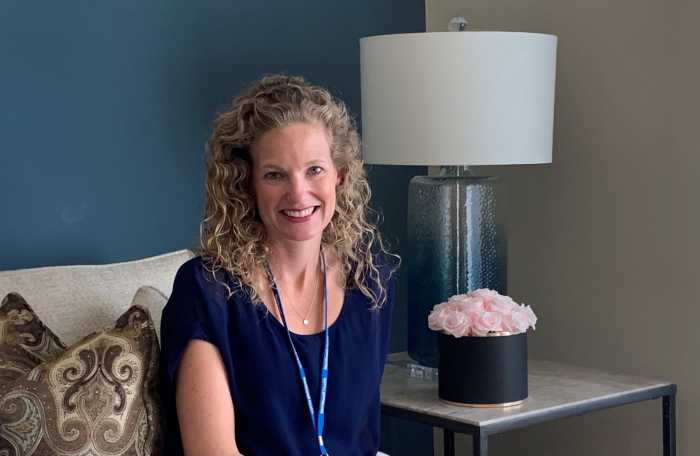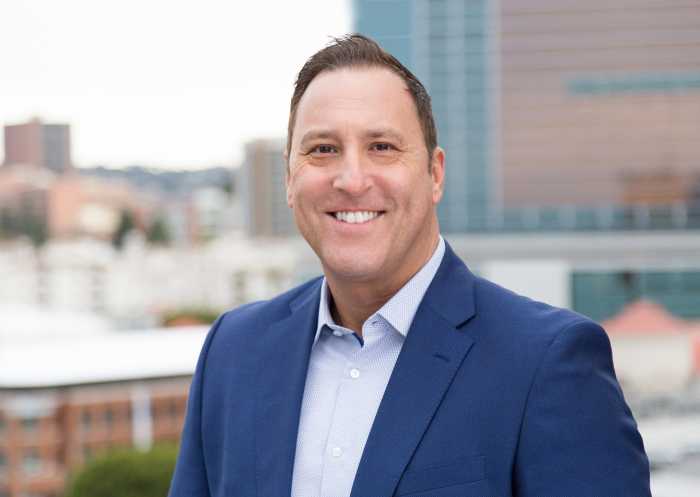As the KPMG national leader for Government, Lorna Stark is responsible for developing and executing a strategy to meet the changing needs of government clients. She has experience in providing both audit and advisory services to many of our most prominent government clients, including the Commonwealth of Pennsylvania, the City of New York, the State of New York, the District of Columbia, the State of New Jersey, and the State of Vermont. Lorna is also the lead account partner for the City of New York.
Why is corporate social responsibility important to you and your organization?
KPMG matches community engagement efforts with business interests and our people’s passions to drive societal progress. We recognize our connections to where we live and work and the importance of improving opportunities within historically marginalized communities and direct our community investments to address systemic challenges of equity and access.
How does your organization ensure that CSR flows through all of its areas?
To drive community impact and foster a prosperous society, KPMG promotes equity and access, cultivates lifelong learning, and protects the environment through partnerships with companies, nonprofits, governments, and non-government organizations. We are dedicated to maintaining transparency and accountability; setting and executing ESG aspirations that deliver for our business, people, communities, and the planet; and continuing to evolve, adapt, and innovate as we develop tools and strategies that we can share with our clients.
What are some of your organization’s specific CSR goals and what social impact do you hope to accomplish?
KPMG is focusing resources and efforts in four areas:
- People- Enhance DEI at all levels of our firm.
- Planet- Achieve net-zero carbon emissions by 2030; continue to source 100% renewable energy; factor cost of carbon into business decisions.
- Prosperity- $125 million commitment to advance equity and access among underrepresented groups; act with stewardship to impact our communities for better; return our community activity to pre-pandemic levels.
- Principles of Governance- Set the bar for ethics and integrity; enhance our governance model; lead the profession in audit quality.
How would you describe CSR in three words?
Together, for better


